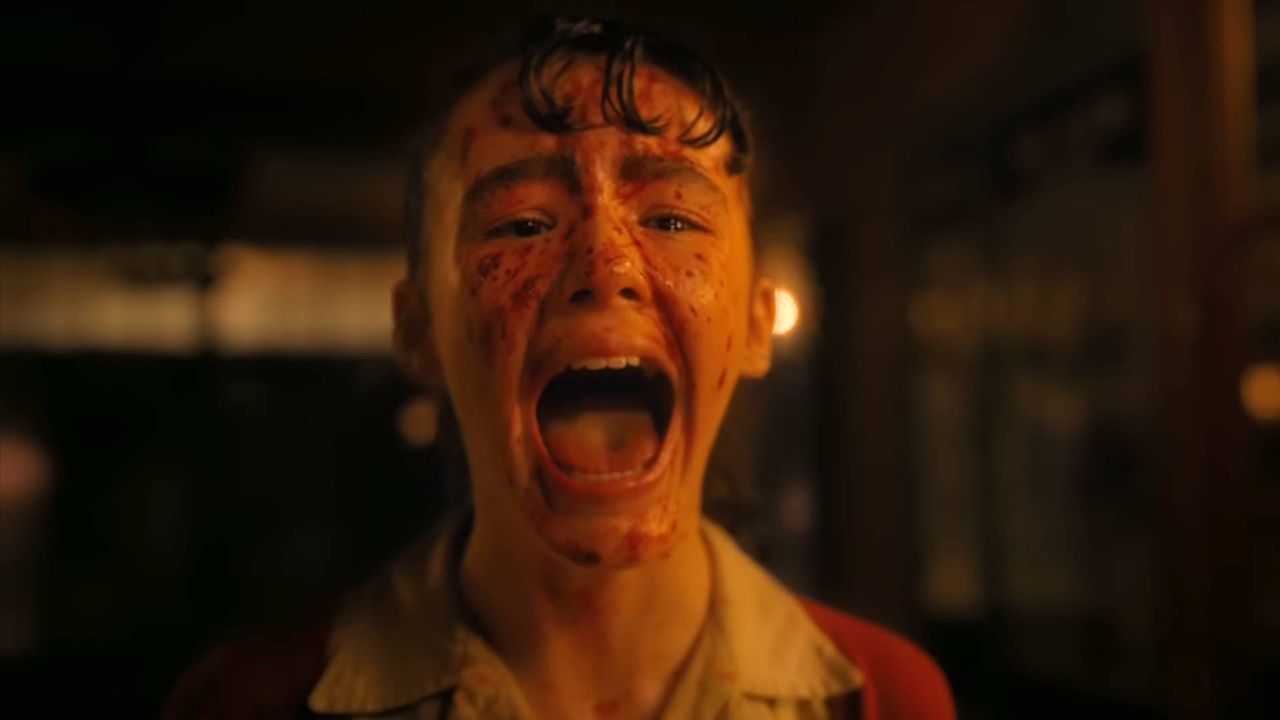
The Dark Side of Childhood in Stephen King’s Horror
As a child, I remember being mean, often insulting my school friends when we were still as short as our parents' knees. I also remember feeling sad, carrying dark thoughts with me like a heavy balloon, though I didn’t understand why. Stephen King would have known what it was like to feel that way.
King's work challenges the expectations of what children are capable of, using this subversion to create some of the most empathetic stories in horror. This theme is echoed by those who follow in his footsteps, such as director Andy Muschietti, currently working on HBO Max's It: Welcome to Derry prequel, and Scott Derrickson, who directed Sinister (2012), a film dubbed "the scariest horror movie of all time." These creators remind us that childhood is not just about crayons and fairies—it's about vulnerability, pain, and the harsh realities of life.
A World Where Childhood Is Chained
It: Welcome to Derry is set in 1962, 27 years before the events of Muschietti's 2017 film It. While the show is a prequel, it retains the mundane injustices central to King's 1986 novel. Each of its young protagonists has been hurt by parents, classmates, or the unpredictable cruelty of fate long before they encounter any cosmic horror. This portrayal highlights how children are often trapped in their own struggles, unable to escape the pain that surrounds them.
This theme is consistent across many of King’s most enduring stories and adaptations. From Carrie (1974) to The Shining (1977) and Firestarter (1980), children are often punished by circumstance before being confronted with supernatural forces. The cruelty of reality doesn't allow every child to be as uncorrupted and docile as they should be. As someone who has experienced this firsthand, I understand the weight of these narratives.
Powerful Children with Deep Feelings
Many of these characters find solace in their intense emotions, which often reveal their true potential. Take Carrie White, the prom queen drenched in pig's blood. Her telekinetic power offers her a moment of safety from her abusers, but it ultimately destroys her. This cruel twist comes with the onset of her first period, highlighting the intersection of innocence and trauma.
Similarly, Gwen in The Black Phone 2, a new film by Scott Derrickson, demonstrates an intuitive capacity for violence. Despite her father dismissing her feelings as the confusion of a "little girl," she is actually battling a demonic serial killer in her dreams. Her prophetic abilities grow stronger as she ages, yet she is constantly told she might be "crazy" instead of being taken seriously.
The Cruelty of Adult Neglect
The children in Sinister face similar issues. Their parents see them as meek and malleable, failing to recognize the depth of their inner struggles. This becomes shocking when it is revealed through haunting Super 8 films that these seemingly innocent kids were responsible for a series of murders, including one where a mother's face is lawnmowed off.
These portrayals are uncomfortable, especially for those who prefer to keep childhood untouched by horror. Welcome to Derry’s pilot episode ends with a group of high schoolers dead and bloody, while Sinister shows children becoming orphan servants to Hell. These endings are hard to watch, but they reflect the reality that nothing seen on screen can match the horrors of real life.
The Power of Brutal Honesty
Stephen King's stories about children are particularly gruesome because they force viewers to witness the pain directly. Unlike imagination, which can soften the impact, these scenes are played out in front of you, making the horror more visceral. King treats the pain of children with respect, showing their messy, tragic humanity without flinching.
For some, the horror of The Black Phone, Sinister, and Welcome to Derry is frightening. For others, it feels overdue. These stories confront the reality that children are not always innocent, and sometimes, they carry the weight of darkness that adults fail to see.
Conclusion
Stephen King's work continues to challenge perceptions of childhood, revealing the hidden struggles and strengths of young people. Through his stories, he reminds us that even the smallest and most fragile beings can hold immense power—and pain. His legacy lives on in the works of directors like Muschietti and Derrickson, who continue to explore the dark corners of the human experience.

Post a Comment